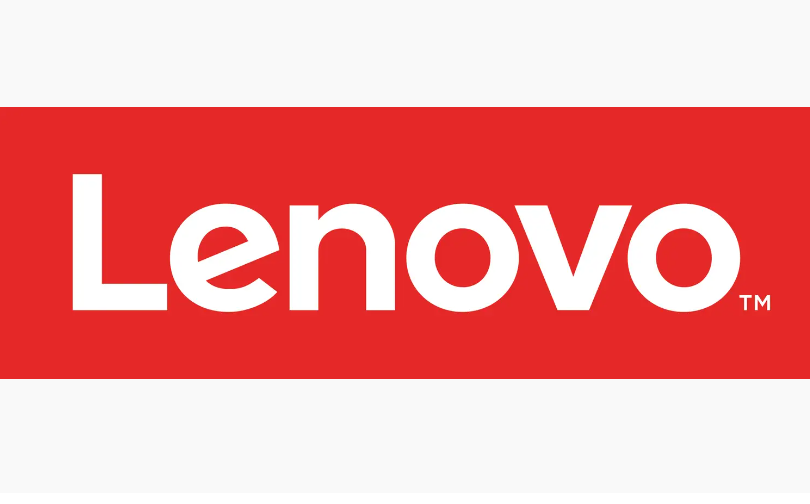Lenovo has launched a groundbreaking social experiment, “Meet Your Digital Self,” to tackle the growing mental health crisis among Gen Z. Unveiled at IBC 2024, the project uses advanced AI technology to bridge the gap between young people’s online personas and their real-life interactions.
The initiative highlights a significant issue: two-thirds of Gen Z report feeling disconnected between their online and offline selves, contributing to heightened feelings of loneliness and anxiety. According to Lenovo’s recent research, 60% of Gen Z wish they could have difficult conversations with family face-to-face, while nearly half (48%) believe talking to a trained professional would help them open up more.
Sarah Kendrick, Clinical Director at Mental Health Innovations, commented on the project’s potential: “One in eight people globally struggle with mental health conditions, and this figure rises to one in five for Gen Z. Lenovo’s AI innovation offers a promising way to bridge generational gaps and foster understanding.”
In this pioneering experiment, Lenovo utilised its broad technology portfolio—encompassing mobile phones, PCs, and cloud solutions—to create lifelike digital avatars of two Gen Z participants. These avatars, based on data from participants’ social media and online activities, engaged in real-time conversations with family members, who were either unaware of or did not fully understand their loved ones’ online identities.
The avatars facilitated meaningful exchanges, allowing family members to gain insights into their relatives’ online worlds and fostering deeper real-life connections. This innovative approach demonstrates how technology can positively impact mental health by bridging gaps in communication.
Lenovo’s “Meet Your Digital Self” project has been supported by its extensive range of products and services, including ThinkStation™ workstations, ThinkCentre™ desktops, and ThinkVision™ monitors, among others. The avatars, designed to mimic participants’ online personas, responded dynamically during conversations, showcasing the potential of AI in improving interpersonal communication.
To further support mental health, Lenovo has partnered with mental health non-profits in the US, UK, and Japan. These organisations include Shout, Crisis Text Line, and Anata no Ibasho, which provide 24/7 confidential support to young people. The project aligns with Lenovo’s goal of using technology to enhance mental well-being and foster connections.
Emily Ketchen, Lenovo’s global vice president and CMO, stated, “Advancements in AI and technology present new opportunities to address mental health challenges. By using our technology creatively, we aim to spark conversations that contribute to the well-being of individuals and communities.”
Participants from the project shared their experiences, with Chinatsu Hoashi from Japan noting, “The experiment helped me strengthen my family relationships and express feelings I had been avoiding. It has positively impacted my mental health.” Oscar Jackson-Walsh from the UK added, “It has made me more confident and improved my communication with my family, reducing feelings of loneliness and anxiety.”
The “Meet Your Digital Self” videos are available to view here.



